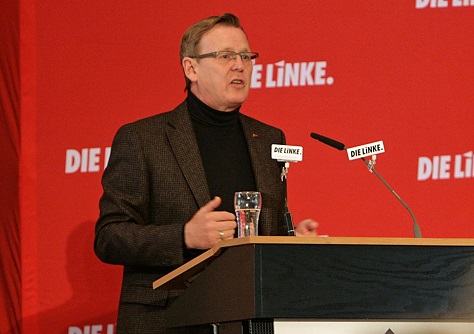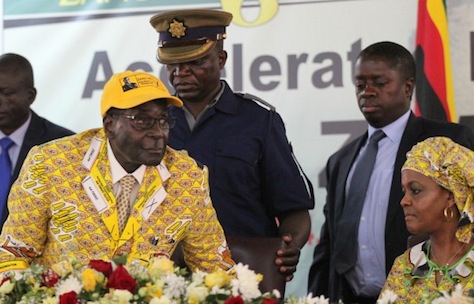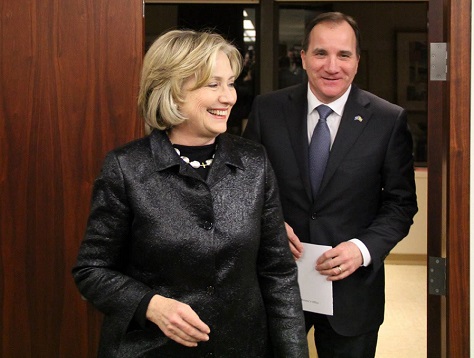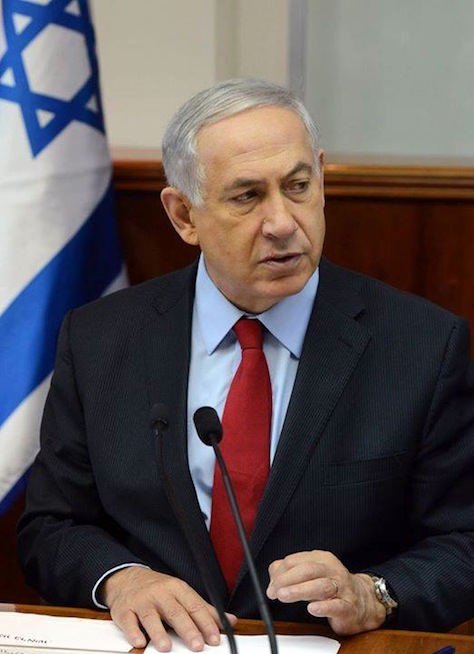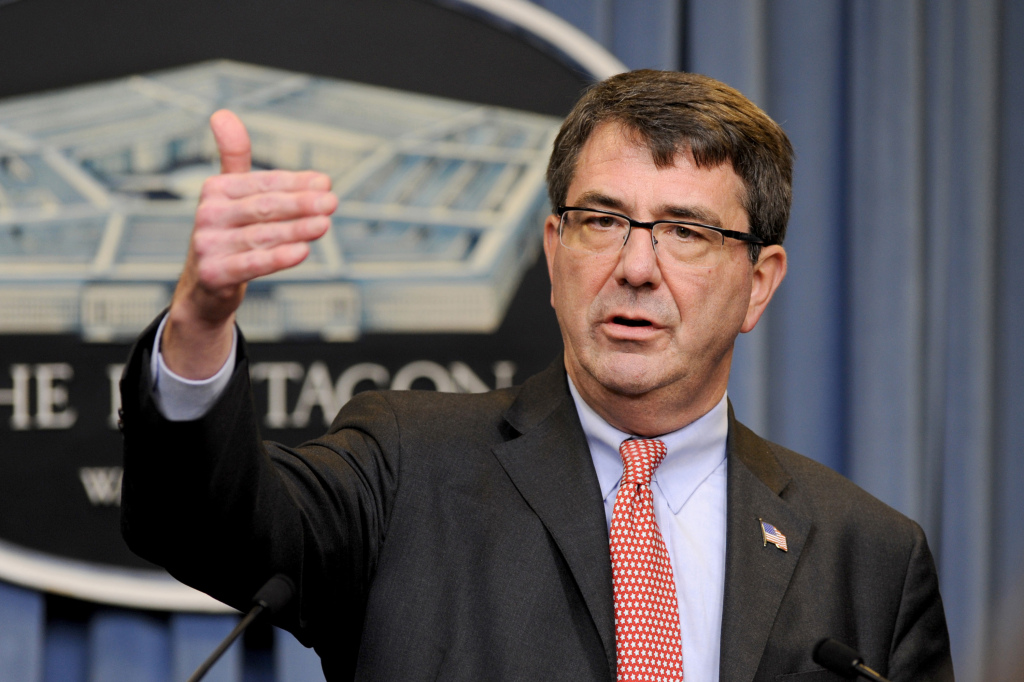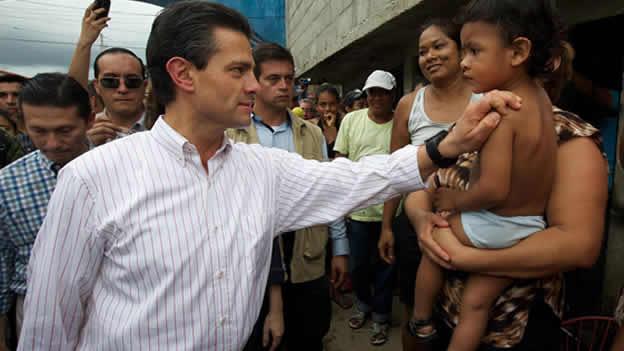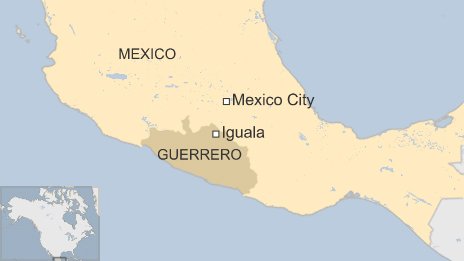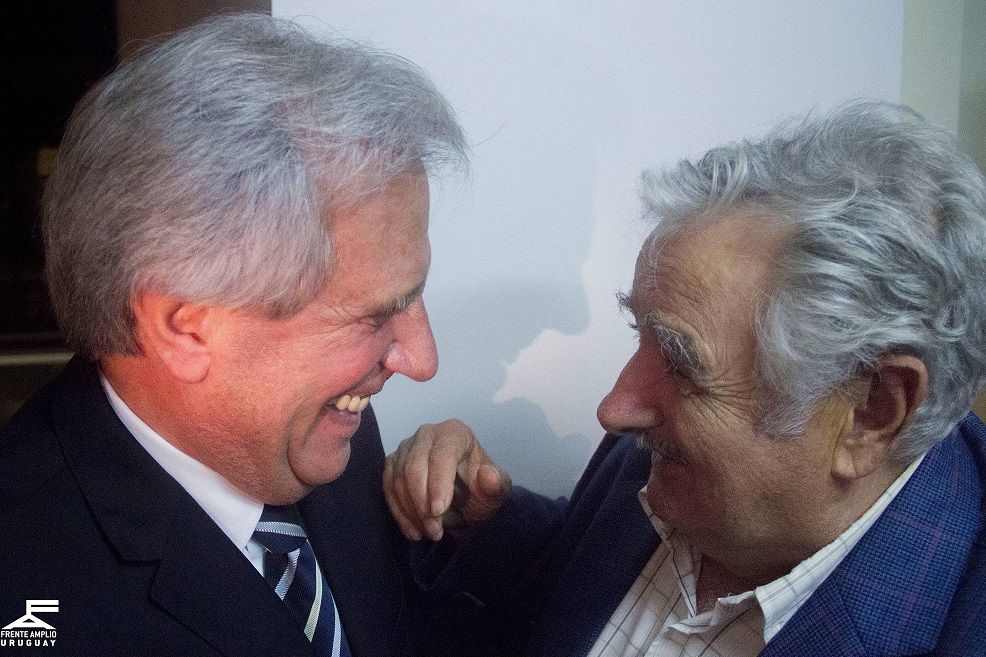In the wake of regional elections last month, Italian and international commentators have been quick to anoint Matteo Salvini, the right-wing leader of Italy’s Lega Nord (Northern League) the new star of Italy’s right. ![]()
![]()
![]()
The most important takeaway, however, from both the Emilia-Romagna and Calabria elections on, is that Italian prime minister Matteo Renzi remains, by far, the most potent political force in the country. Renzi’s center-left Partito Democratico (PD, Democratic Party) won by double-digit margins in both elections. Though worrisome trends for Renzi certainly lurk behind the headline numbers, the overwhelming narrative in Italy is that the Democrats, under Renzi, are quickly becoming Italy’s hegemonic political force, much like the Christian Democrats from the 1950s to the 1990s and the various iterations of the Silvio Berlusconi-led centrodestra (center-right) since 1994.
In both elections, voters were replacing scandal-tainted regional presidents who resigned earlier in the year.
Calabria, in Italy’s south (the ‘toe’ that nearly touches the island region of Sicily), with just 1.98 million residents, is among the poorest regions in Europe, let alone Italy, plagued by the ‛Ndrangheta, the local organized crime operation, and fewer economic opportunities than the more storied (and well touristed) northern regions. The Democrats easily won the regional presidency, however, under the candidacy of Mario Oliverio, the decade-long president of Consenza province, who won 61.4% to just 23.6% for Wanda Ferro, the candidate of Berlusconi’s Forza Italia. The victory means that southern Italy, generally a conservative region, has almost exclusively center-left regional presidents (with the exception of Campania), two of whom — Puglia’s Nichi Vendola and Sicily’s Rosario Crocetti — are openly gay leftists.
Emilia-Romagna, a region of nearly 4.5 million people in central Italy just north of Tuscany, is the beating heart of the Italian left and during the postwar period, its regional governments were reliably under the control of the old Italian Communist Party. So it’s no surprise that the Democratic Party, a few iterations removed from its Communist Party roots, would dominate the race. True to form, the PD’s candidate, Stefano Bonaccini (pictured above, right, with Renzi) easily won the regional elections by a margin of 49.05% to 29.85% for his nearest competitor, Alan Fabbri of the Northern League.
Despite the wide victories for Renzi and his Democratic Party candidates, it was something of a shock that the Northern League won so much support in Emilia-Romagna, both because of the region’s historical left-wing tilt and because the Northern League has focused its efforts north of the region, chiefly in the Veneto, Piedmont and Lombardy.
That the Northern League is breaking out of northern Italy and into central Italy, with plans to attract national support, is due to the vision of its young new leader, Matteo Salvini (pictured above). Continue reading Calabria, Emilia Romagna elections boost Renzi government


